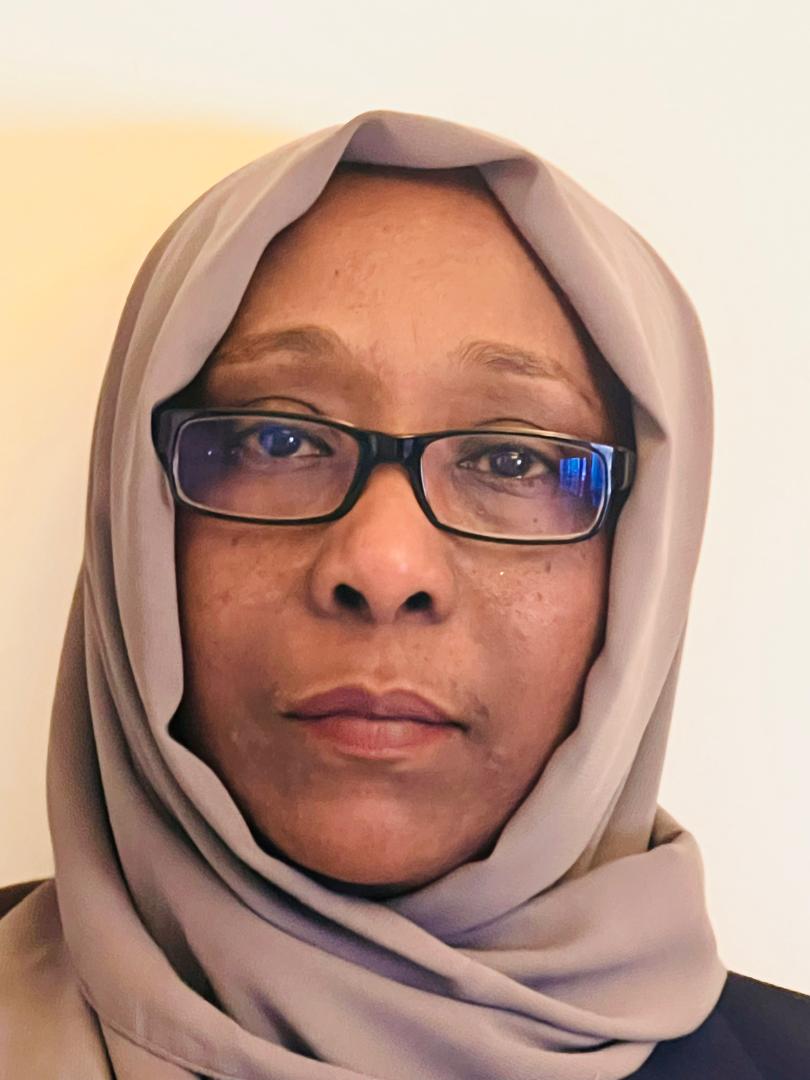Public Health

Chairperson for the Specialty Committee of Public Health
Specialty Committees Members

Dr. Huda Hakim
Dr. Huda Hakim Abd El Rahman Hakim MBBS, MD, FFPH Technical specialist at the International Academy of Public Health(IAPH) Dr. Huda Hakim holds an MBBS degree from the University of Al-Azhar and a Medical Doctorate (MD) in Community Medicine from the University of Khartoum. Dr. Huda Hakim started her public health career at the Ministry of Health in Sudan, where she worked in the research department and the Expanded Program on Immunization, as well as with UNICEF. Dr. Huda Hakim brings over two decades of academic and professional experience to her roles in various institutions. She has served as an Assistant Professor of Community Medicine at multiple universities in Sudan and Saudi Arabia. Her areas of expertise include epidemiology, communicable diseases, research methodology, professionalism, medical ethics, education quality, and E-learning systems. Dr. Hakim has supervised numerous research projects. She is also a researcher and external examiner at various universities, and her published work focuses on public health awareness, health behavior, and medical education.